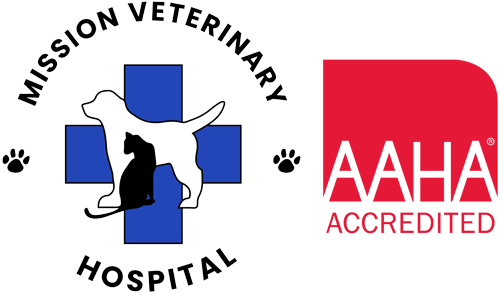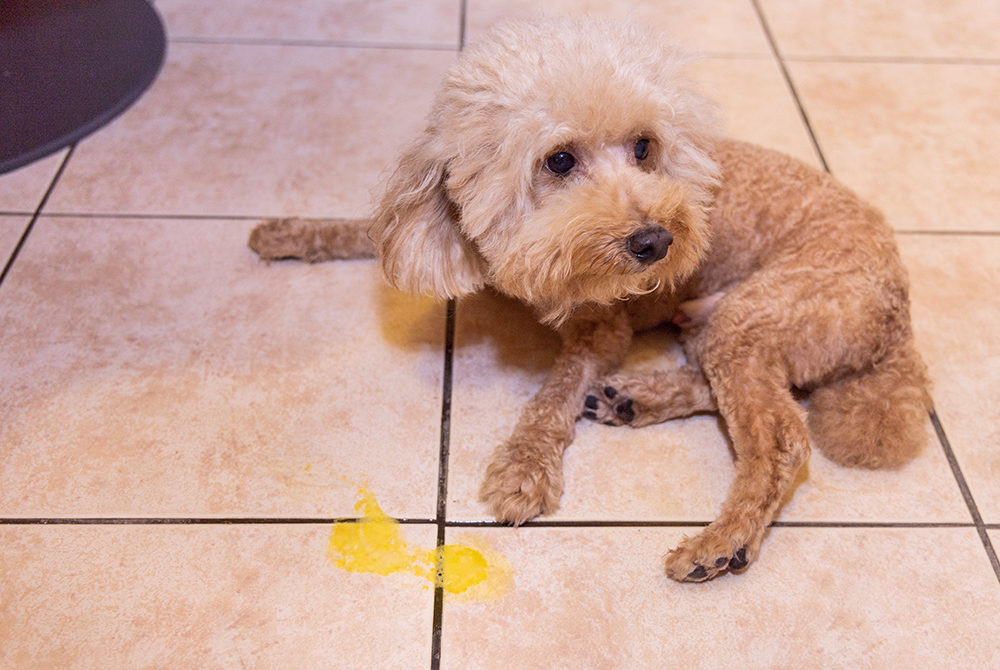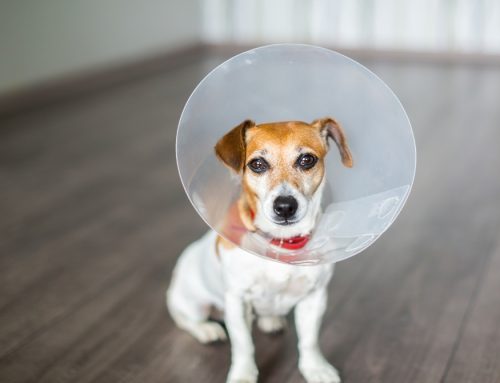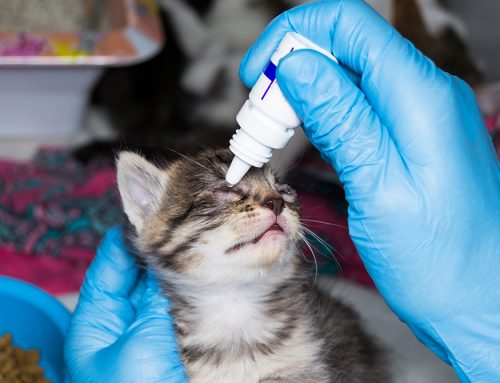Overview
Acute pancreatitis is a sudden inflammation of the pancreas that can cause severe health issues in pets, particularly dogs and cats. The pancreas is a vital organ responsible for producing digestive enzymes and insulin. When the pancreas becomes inflamed, these enzymes can start digesting the pancreas itself, leading to serious complications.
Causes
There are several potential causes of acute pancreatitis in pets, including:
- High-fat diet: Pets consuming a diet high in fats or receiving fatty table scraps are at increased risk.
- Obesity: Overweight pets are more susceptible to developing pancreatitis.
- Certain medications: Some drugs can trigger pancreatitis as a side effect.
- Underlying health conditions: Pets with diabetes, Cushing’s disease, or other metabolic disorders may have a higher risk.
- Trauma or surgery: Physical trauma to the abdomen or recent abdominal surgery can cause inflammation in the pancreas.
- Genetic predisposition: Some breeds, such as Miniature Schnauzers, are more prone to developing pancreatitis.
Symptoms
Signs of acute pancreatitis in pets can vary but often include:
- Vomiting
- Abdominal pain (which may cause a hunched posture)
- Loss of appetite
- Lethargy or weakness
- Diarrhea
- Fever
- Dehydration
Diagnosis
Diagnosing acute pancreatitis typically involves a combination of physical examination, blood tests, and imaging studies such as ultrasound. These tests help confirm inflammation of the pancreas and rule out other possible causes of the symptoms.
Treatment
Treatment for acute pancreatitis focuses on supportive care and managing symptoms. This may include:
- Fluid therapy: To combat dehydration and maintain blood flow to vital organs.
- Pain management: Medications to relieve pain and discomfort.
- Anti-nausea medications: To control vomiting and allow the pet to keep food down.
- Dietary changes: A low-fat, easily digestible diet is usually recommended during recovery.
Prevention:
While not all cases of pancreatitis can be prevented, certain steps can reduce the risk:
- Maintain a healthy weight for your pet.
- Avoid feeding fatty table scraps or high-fat treats.
- Follow your veterinarian’s advice on diet and medication management.
- Regular veterinary check-ups can help detect and manage underlying health conditions.
When to Visit Mission Veterinary Clinic
If your pet is showing signs of acute pancreatitis, it’s essential to seek urgent care. Mission Veterinary Clinic is here to provide prompt and compassionate care for your pet. Located in the San Fernando Valley at 16915 San Fernando Mission Blvd, Granada Hills, CA 91344, we are an urgent care facility that only takes walk-ins, ensuring that your pet receives timely attention when they need it most.
Contact Information
For more information or to bring your pet in for urgent care, please visit us at Mission Veterinary Clinic or call us at 818-363-8143. We are open from 9 AM to 11 PM, 7 days a week.
This information sheet is designed to provide general knowledge about acute pancreatitis in pets. If you have any concerns or questions about your pet’s health, please consult with our veterinary team directly.










Leave A Comment